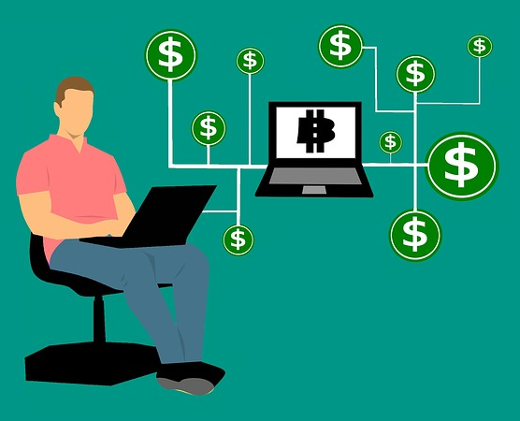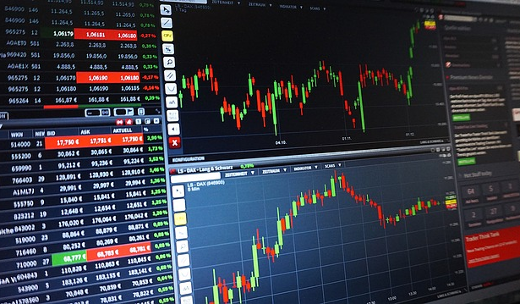 Image source: Pixabay.com
Image source: Pixabay.com
When the mysterious figure of Satoshi Nakamoto first devised the Bitcoin and introduced the concept of the cryptocurrency to the world it’s unlikely that he (or she, or they) could have foreseen that in just eight years its value could be over US$11,000 per coin.
But, sure enough, November 2017 saw this landmark achieved and, more significantly for Japan, it was also the month when the milestone of 1 million yen per coin was reached.
In fact, some observers believe that the year’s incredible rise in value of the cryptocurrency was helped along its way by Japan back in March 2017 when the government first agreed to recognise Bitcoin as a legitimate currency of equal standing to normal fiat currencies traded on FX exchanges like dollars and yen. By giving widescale legitimacy to Bitcoin, and all other cryptocurrencies, Japan perhaps also moved a little closer to creating a situation where more retailers will start to accept Bitcoins as ways to pay. The next hurdle the currencies may have to cross to achieve overall global acceptance.
Tax-free trading
 Image source: Pixabay.com
Image source: Pixabay.com
In July of this year matters moved on even further when it was agreed that Japanese Consumption Tax would be eliminated on the sale of Bitcoins. Normally rated at 8%, this exemption was widely welcomed.
This was to be expected from a government which, while embracing the inevitable rise of the cryptocurrency, they would inevitably want to increase the control they have over it too. So, part of these new measures also included bringing it under the auspices of the country’s Financial Services Agency, the body that oversees all transactions carried out in yen. Part of their responsibility has been to register and license official Bitcoin exchanges and to regulate their activities. However, while this may seem to be an extra layer of regulation, the stated aim is to encourage rather than restrict activity in order to create an eco-system which minimises the friction of trading while tightening up on security for traders and clients alike.
This is thought to be especially important in a country where the Mt Gox collapse in 2014 severely dented confidence in the Bitcoin, the memories of which may not yet have been dispelled for many people.
Making it safer for all
Specific ways in which the government has taken action have been to establish both Know Your Customer and Anti Money Laundering Systems which make it virtually impossible to take large sums of the cryptocurrency out of Japan without automatically triggering systems designed to intervene and investigate the transactions concerned.
For many, this signifies the next stage in the natural evolution of the cryptocurrency and, perhaps, the compromising of some of the features that have made it so popular for so many. This is because the original idea was to create a currency free from all international boundaries and government interference, not to mention one which guaranteed anonymity.
But it may be that if it is to grow into a currency that can truly stand alongside the yen, dollar or euro, more and more governments will have to follow Japan’s lead. Then, the real question will be whether the original spirit of the independent cryptocurrency envisaged by Satoshi Nakamoto will have disappeared completely.
Blog:
Tags:
Other posts by Japan Inc:





